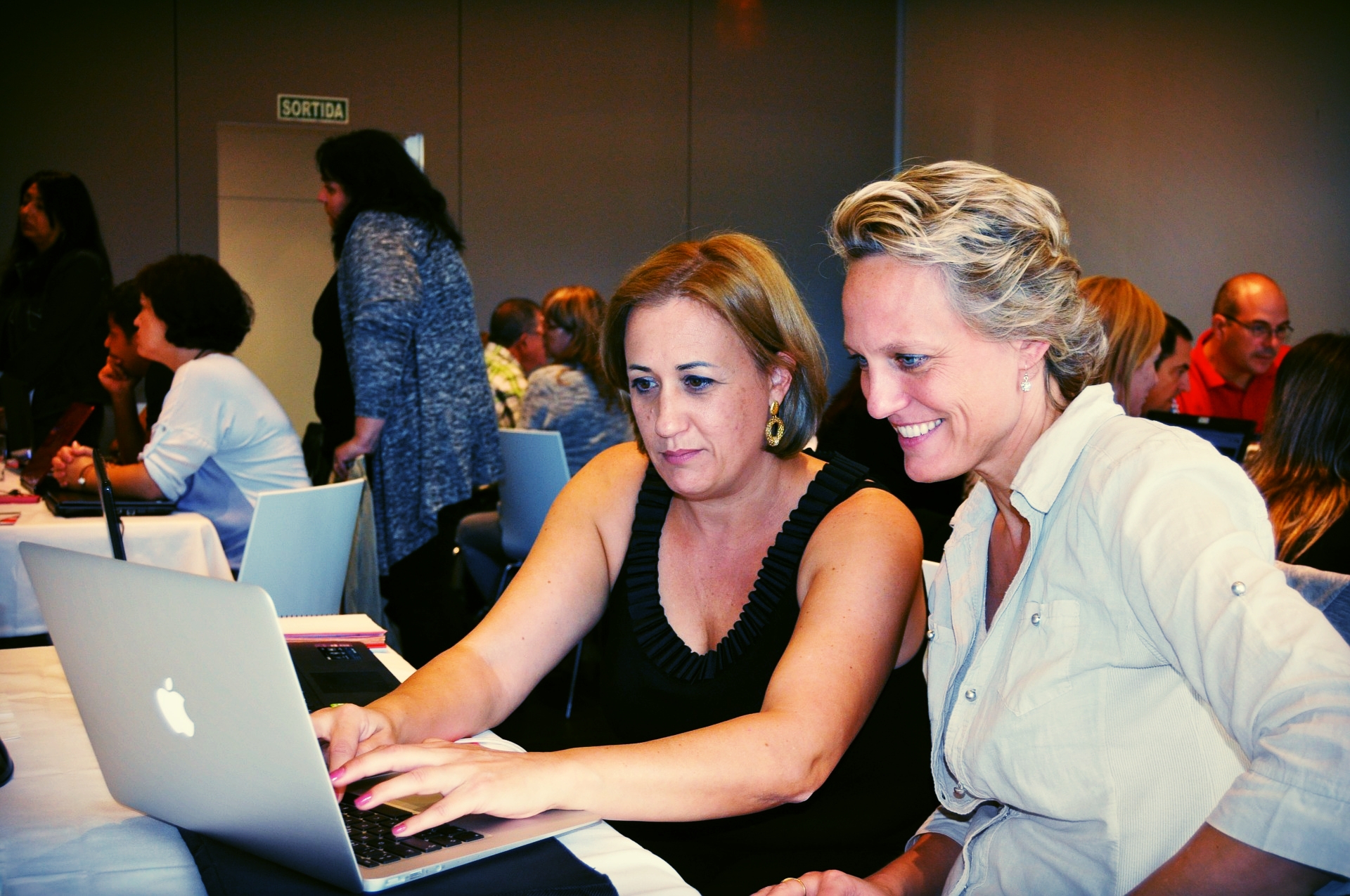National University is launching a new project that will combine personalized learning, adaptive learning, competency-based learning and predictive analytics to identify new educational models to better serve non-traditional students.
National University, a private non-profit institution based in California, will spend $20 million on a four-year project to build a personalized education ecosystem with the goal to increment student retention.
The Precision Education Initiative will combine personalized learning, adaptive learning, competency-based learning and predictive analytics to identify new educational models to ensure college success and completion.
“If we are truly committed to adjusting to the needs of our students, it first requires us to be much more precise in understanding our students’ goals, needs, learning profiles, and circumstances. Then, we must become much more precise in varying the type of instruction and support to meet these needs,” said David Andrews, National University’s president.
Understanding today’s student needs requires recognizing that the average college student profile has changed. According to data from the National Center for Educational Statistics, by 2020 the adult learner (or non-traditional learner) will account for 43 percent of all post-secondary students.
“How do we create a university that truly tries to adapt to the needs of its students?” said Andrews. “We have to have a better model for serving adult students.”
Additionally, the initiative will develop research-based projects that will explore ways to enhance the student academic experience through the three categories of focus:
- Better understanding students
- Unbundling and expanding instruction and support
- Multiple pathways that provide many options for students
Each project will be explored by teams that include a mix of staff, administrators, faculty, and outside experts. Each team will follow a research-based protocol to validate the data. Some of the areas of exploration include:
- Adaptive, machine learning instruction
- Competency-based learning
- Micro badges & micro-credentialing
- Online career and academic goal setting
- Advisor and Adjunct Matching
- Data Integrity
The initiative looks to ensure that students of all backgrounds, “not just those in elite or selective public institutions,” can have the same educational opportunities to advance in their lives.
“Our ability to reach students who are not being served adequately through traditional models, such as adult learners, is critical to our future,” said Andrews. “Doing so means higher education must more precisely adapt to student needs, rather than the other way around, while systematically measuring proficiency and mastery of subject matter.”
The university will make all the research resulting from this initiative publicly available.
This article from Observatory of the Institute for the Future of Education may be shared under the terms of the license CC BY-NC-SA 4.0 
)
)


)